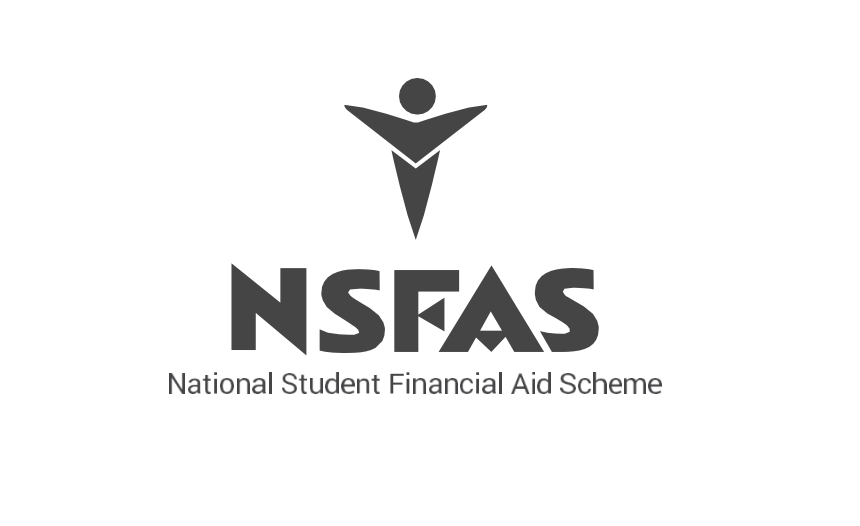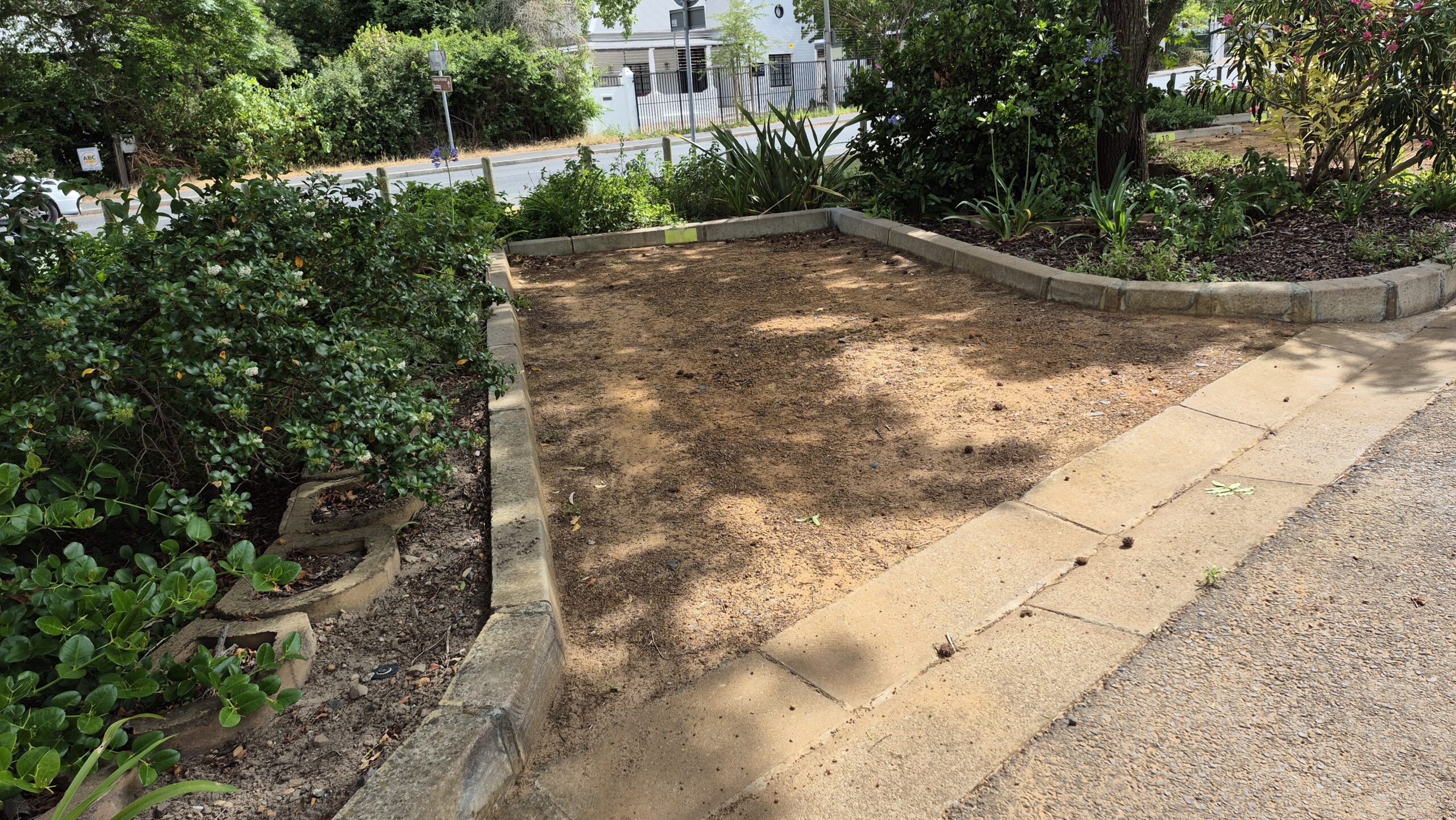BY AURELIA MOUTON
Amidst nation-wide controversy and calls from staff to release an official mandate for compulsory vaccinations, the Stellenbosch University (SU) Council met on 27 September to discuss the matter. As the next academic year approaches, higher education institutions across South Africa are under pressure to announce whether or not they will require their staff and students to be vaccinated prior to registration and access to on-campus activities and residences.
The SU Council consequently adopted the following motion: “The SU Council mandates management to work towards the urgent development of a rule on vaccination for students and staff for the 2022 academic year. Staff and students are reassured that due process will be followed in terms of consultation and risk management.”
“A vaccine rule will determine the extent to which staff and students can work and study at the University depending on their vaccination status. It will describe the expectation, as well as the criteria for exceptions,” said Prof Stan du Plessis, SU Chief Operating Officer, in the official press release of 28 September.
SU’s Institutional Committee for Business Continuity (ICBC) appointed a task team to conduct risk assessment regarding the possibility of mandatory vaccinations on 27 August. The ICBC established its own vaccination site for all staff, students and the wider public at the Lentelus sportsground as vaccinations for 18–35-year-olds were announced in July.
“Vaccines are safe, and they save lives. Our message is that getting vaccinated is the responsible thing to do. So, we have been urging everyone to get the vaccine,” said Prof Wim de Villiers, SU Rector and Vice-Chancellor, as quoted in the aforementioned press release.
Prof Pieter Fourie, Vice-Dean: Social Sciences (Learning and Teaching) at the Department of Political Science, is also in support of students receiving the vaccine and said the following to Die Matie: “We want our colleagues and all SU students to be safe and healthy. We also want our students to enjoy the benefits of an on-campus, in-person education, as free as possible from the disruption of the epidemic. And this is possible – we can have this if everyone is safe from COVID-19. Vaccinations are a safe and an effective way to achieve this. We appealed to the university’s top management to champion this cause with key decision-making structures, and we are delighted that they have done so. The petition has been signed by thousands of staff members, students, and other concerned individuals; support for this is clear and abundant.”
The Make SU safe again, for staff and students change.org petition, which calls on the SU Chancellor and Rector to implement compulsory COVID-19 vaccinations of staff and students at SU, was launched by Fourie as well as Prof Keymanthri Moodley (Department of Medicine and Director of the Centre for Medical Ethics and Law at the Faculty of Health Sciences), Prof Dave Richardson from the DST-NRF Centre of Excellence for Invasion Biology, and Prof Sandra Swart from the Department of History.
“We urge those who are vaccine-hesitant to read good scientific literature on the topic (read real science–not selective ‘facts’ with dubious moral and ideological underpinnings). The science is clear; the data is clear; the moral imperative is clear,” said Fourie.
At the University of Cape Town (UCT), another petition was launched against the UCT Senate’s mandatory vaccination requirements for the registration of staff and students from 1 January onwards next year. The petition cites provisions within the Higher Education Act 101 of 1997 and states that the UCT Senate does not have the authority to impose mandatory vaccines, as it has not consulted widely within the university community as required.
Regarding the petition launched at UCT, Fourie said, “Firstly, I don’t think we can ascribe this contrarian position to UCT as an institution, [n]or to all its staff and students. I do think the anti-vax crowd everywhere is misguided and often dangerous. I’m not suggesting that all people who are vaccine-hesitant are misguided and dangerous, or are part of the anti-vax movement. These are scary and uncertain times; everyone has an opinion, and not all those opinions are sound or valid or moral or rational. It is good to be questioning, and to consider all positions. But opinions are not facts. So, become as informed as you can be. Read the real science–do not base your decision on unsubstantiated anecdotes and pin your own health and safety (and the health and safety of those close to you, and the broader community) on someone else’s ideology and agenda. Read real science. Let’s do this and get back to campus.”
Elouise van Wyk, a post-graduate LLB student, said, “I think for the purposes of herd immunity a mandate certainly would promote public health; however, constitutional and human rights considerations must also be carefully examined and respected.”



